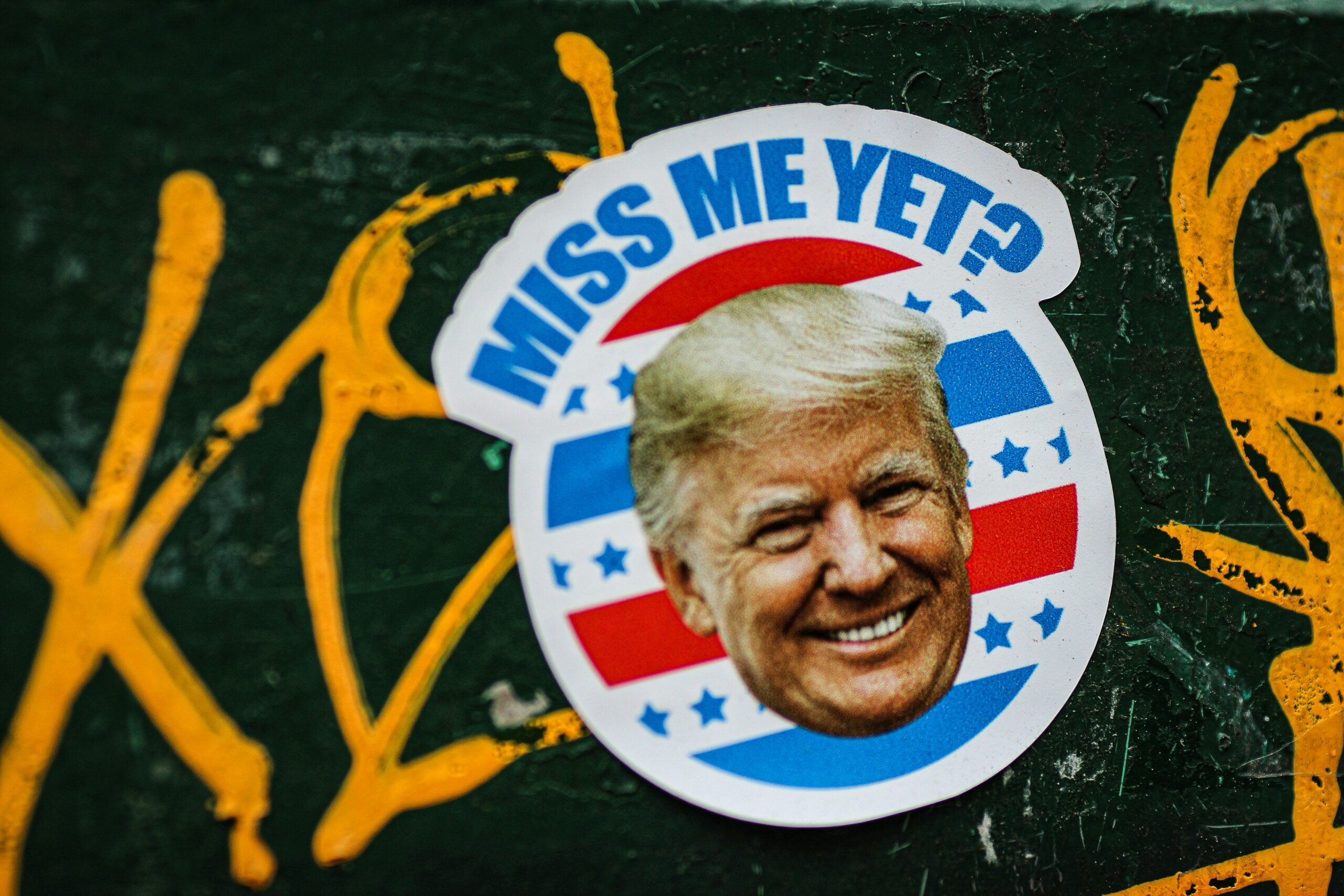Do People Regret Voting for Trump in 2024?
Donald Trump has been one of the most disruptive and transformative political figures in recent U.S. history. Elected in 2016 on promises to “drain the swamp,” renegotiate trade deals, and restore American greatness, Trump attracted millions of voters looking for a political outsider to challenge the establishment. This trend will continue into 2025.
But as his presidency unfolded—and as he eyes another potential run—the question arises:
While many of his supporters remain fiercely loyal, others have since reevaluated their choice. Based on specific policies, actions, and political contradictions, here’s a breakdown of why some voters now express regret.
Contradictory Policies and Political Whiplash
Some of Trump’s economic and foreign policy decisions have left former supporters confused or disappointed. For example, his tariff war with China was framed as a way to bring jobs back to America—but instead, it sparked higher costs for American farmers, manufacturers, and consumers. While some industries saw short-term protection, many voters felt the tariffs ultimately hurt the economy more than they helped.
Trump also promised to reduce government spending, but under his administration, the national debt ballooned to record levels—even before COVID-19. His tax cuts for the wealthy alienated some working-class voters who initially believed he’d fight for economic fairness.
Tariffs, Trade Wars, and Market Volatility in 2025

In 2025, President Trump’s renewed push for tariffs has reignited concerns over market stability and economic uncertainty. His administration’s plans to impose new tariffs, particularly targeting technology products like smartphones, computers, and semiconductors, have led to significant fluctuations in global markets. For instance, European financial markets experienced notable gains amid the unfolding trade tensions, with indices like the DAX and EuroStoxx 50 rising over 2%.
These abrupt market movements have raised questions about the predictability of U.S. economic policy under Trump’s leadership. Investors and businesses alike are grappling with the implications of these tariffs, which some view as contributing to an environment of economic instability. The administration’s stance has also drawn criticism from international partners, with China urging the U.S. to engage in equitable and respectful dialogue to resolve trade disputes.
Domestically, the impact of these policies is reflected in President Trump’s approval ratings concerning the economy and inflation, which have seen a decline amid one of Wall Street’s most volatile weeks in recent years . This volatility has led some former supporters to reconsider their stance, expressing regret over their vote in light of the economic repercussions of the administration’s trade strategies.
Cozying Up to Authoritarian Leaders
Trump’s fondness for strongman leaders like Vladimir Putin, Viktor Orbán, and Kim Jong-un has raised serious concerns among both moderates and traditional conservatives. While he often claimed to be “tough on China,” he also publicly praised authoritarian figures and even dismissed U.S. intelligence findings about foreign interference.
His critics—and even some of his former voters—were troubled by the optics and implications of these relationships. The alignment with dictators didn’t sit well with Americans who value democratic alliances and global leadership based on shared values.
Extreme Immigration Policies
While Trump gained support for his strong stance on border security, some voters later viewed his immigration policies as inhumane or overly harsh. The family separation policy, for example, sparked widespread backlash—even among those who initially supported stronger enforcement.
His attempts to ban travelers from Muslim-majority countries, restrict asylum seekers, and drastically reduce refugee admissions drew criticism for being discriminatory or inconsistent with American values. Some supporters who hoped for more secure borders didn’t expect the level of cruelty that was sometimes on display.
Unconventional Foreign Policy: Allies, Greenland, and Troop Withdrawals

Trump’s approach to long-standing allies and defense commitments also made headlines—and not always for the right reasons. Some former supporters grew uneasy with:
-
His public suggestion to buy Greenland from Denmark was met with confusion and laughter internationally.
-
Pressuring Canada and other NATO countries in ways that seemed less about diplomacy and more about personal pride or power dynamics.
-
His push to withdraw troops from Eastern Europe, especially from Germany and other NATO partners near the Russian border, was viewed as weakening the West’s strategic defense posture.
For some voters, these moves painted Trump as erratic or impulsive—raising questions about his fitness for long-term foreign policy planning.
Why It Matters for 2024 and Beyond
The question of voter regret isn’t just academic—it’s political. Disillusioned voters may not return to Trump in 2024. Some may stay home. Others may turn to third-party candidates or new GOP contenders who echo Trump’s style but not his baggage.
Still, Trump retains a loyal base. For every story of regret, there are stories of continued support—proof of his unique ability to connect with certain segments of the electorate. But the cracks in his coalition are real, and they matter as the next election cycle ramps up.
Conclusion
So—do people regret voting for Trump?
The answer varies widely by person, policy, and perspective. Some voters now question his judgment, his alliances, and the unintended consequences of his actions. Others feel let down by his broken promises or contradictory decisions. Yet others remain firmly in his corner, believing he shook up a broken system—and is the only one who can do it again.
For uncertain voters reflecting on their past choices, the Trump era continues to offer lessons about leadership, policy consistency, and the cost of disruption.




